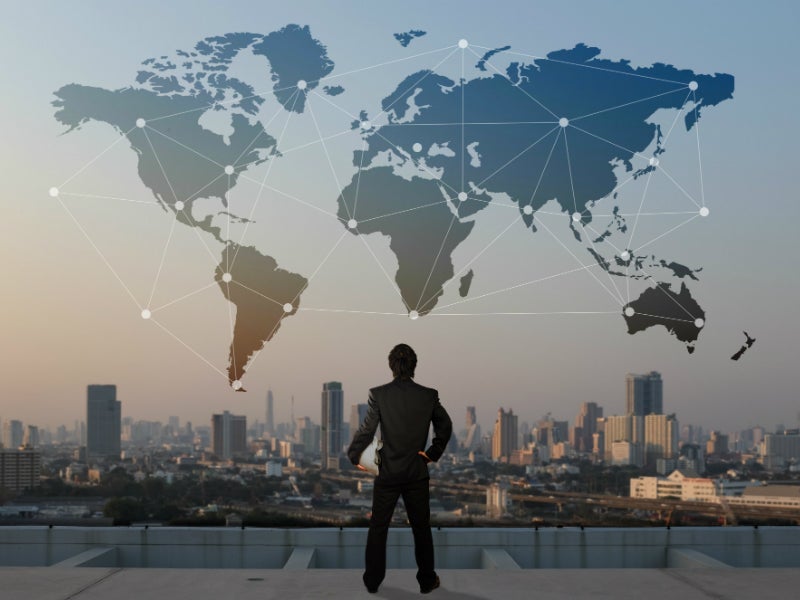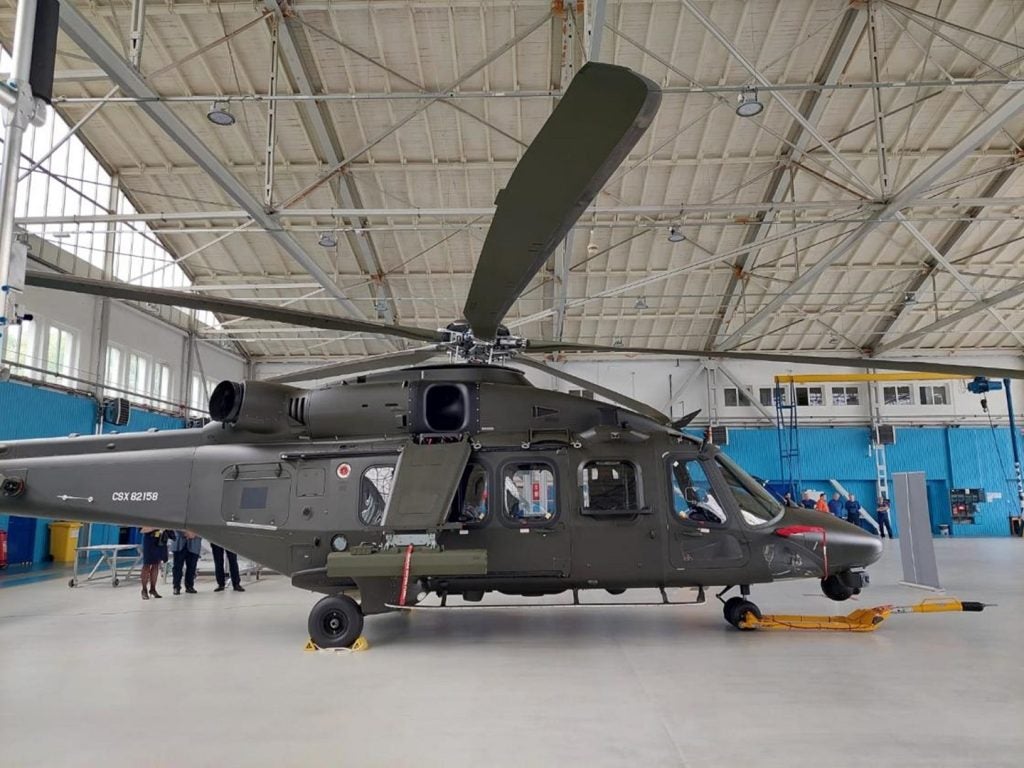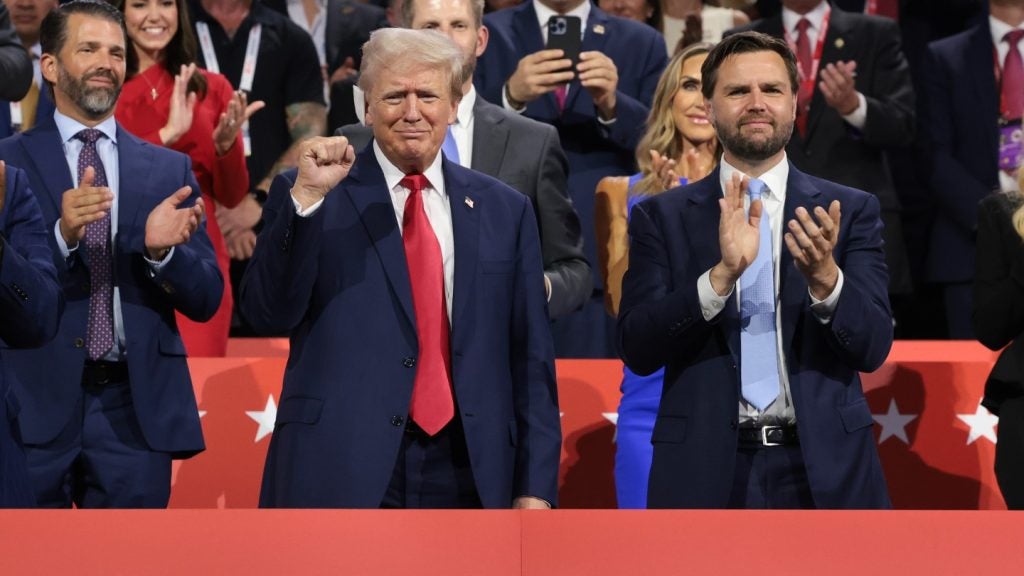Voices calling for Japan to join the Five Eyes intelligence-sharing group have grown louder over recent weeks, including the promotion of the idea by British MP Tom Tugendhat, the Japanese Defense Minister Tarō Kōno and the Henry Jackson Society. Currently, the Five Eyes intelligence community consists of the UK, US, Canada, Australia and New Zealand. The coronavirus pandemic that has gripped the world has been instrumental in sparking debate over the future of the group. Key supply chains across the world have shown their vulnerability with regards to the growing influence and authority of China. Japanese accession is increasingly viewed in a positive light and would provide a useful ally and counterweight in the East Asian region.
The coronavirus pandemic has shown the full extent of control that China has over key supply chains globally. Discussions have specifically focused on the availability of rare minerals used in electronics, jet engines, satellites, lasers and missiles. Over the past decade, 90% of these materials have come from China. Japan itself also has significant concerns regarding the supply of rare minerals, being a major electronics producer with a dearth of natural mineral resources. Japan would also help to diversify the organisation and evolve it from its Anglosphere roots in the Cold War.
Along with this, the potential for extending the Five Eyes towards a form of the economic alliance has also been raised. This would provide an extra measure of economic stability, aiding movements away from reliance on China through projects such as pooling rare mineral reserves, medical supplies and other vital equipment. In recent years, the US and Australia have both made significant efforts to increase their domestic rare mineral output.
For the defence industry, the conversation around the future of the Five Eyes reflects the continued reappraisal of the definition of defence and security that is occurring in the 21st Century. The Critical Five group, which forms part of the Five Eyes network, focuses on the protection of critical infrastructure. Disagreement over the definition of critical infrastructure is one reason why this group has not met in many years. However, this now has renewed impetus. Much as the period after 9/11 saw a similar occurrence with regards to the impact of terrorism on civil society, Covid-19 adds to that narrative. The pandemic has emphasised the importance of supply chain protection through groups like the Five Eyes and has pushed aspects like biosecurity firmly into the remit of the defence and the security communities.
How well do you really know your competitors?
Access the most comprehensive Company Profiles on the market, powered by GlobalData. Save hours of research. Gain competitive edge.

Thank you!
Your download email will arrive shortly
Not ready to buy yet? Download a free sample
We are confident about the unique quality of our Company Profiles. However, we want you to make the most beneficial decision for your business, so we offer a free sample that you can download by submitting the below form
By GlobalData









Related Company Profiles
Defense Holdings, Inc.